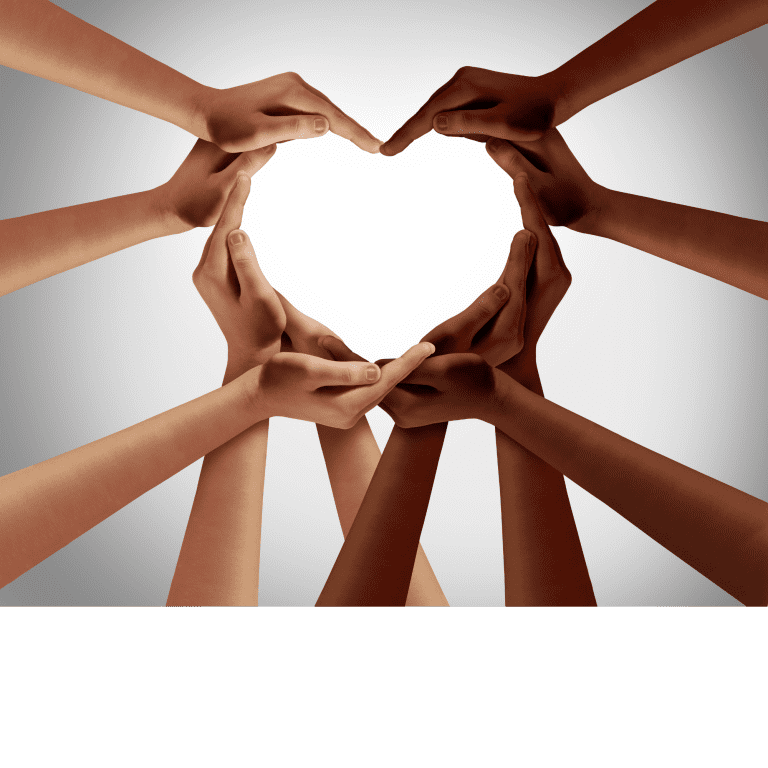Racism is the belief that people’s physical appearance determines their behaviour. It divides people based on the belief that one race is superior to another. Prejudice, discrimination, and antagonism are all connected to racism. To dismantle racism, we need to understand how it developed and work to change our own ideas about it. This is important for both individuals and society as a whole.
The Root of Racist Ideas
The term racism comes from the idea that humans can be divided into ‘races’. Races are different groups of people based on origin. The root of some racist ideas came from biologists who subscribed to the notion that these other races had additional attributes and behavioural traits. Nowadays, it is recognised that empirically verifiable data shows differences. These old-fashioned concepts, such as race determining intelligence, are not real.
The use of the word ‘racism’ is relatively recent, first used widely in the western world in the nineteen-thirties to describe the actions and beliefs of the Nazis. Despite this, it is easy to understand that racism existed before the coinage of the word. Racism today is still a widespread problem. However, increasing awareness has sparked more meaningful conversations about the challenges facing different racial groups. This ongoing dialogue highlights the injustices and issues that persist.
Addressing Racism
To help dismantle racist ideas and develop better perspectives, we must listen to those most affected by racism. By doing so, we can understand how to collectively address the problem. We need to actively commit to addressing the problem, instead of assuming passive support is enough. Understanding racism and working towards a solution is not comfortable or straightforward. It requires hard work and commitment.
To address racism, we must first examine our thoughts and correct any biases we may have. It’s important to remember that everyone deserves love, respect, and justice. Our goal should be to make this belief the foundation for how we treat others. We should also examine our own preconceived notions and stereotypes, and understand how they have influenced us. By exploring the origins of these ideas, we can correct any mistakes in our judgement and challenge false beliefs. It is crucial that we question these assumptions, even if they seem obvious, in order to fix the inequalities in our society.

